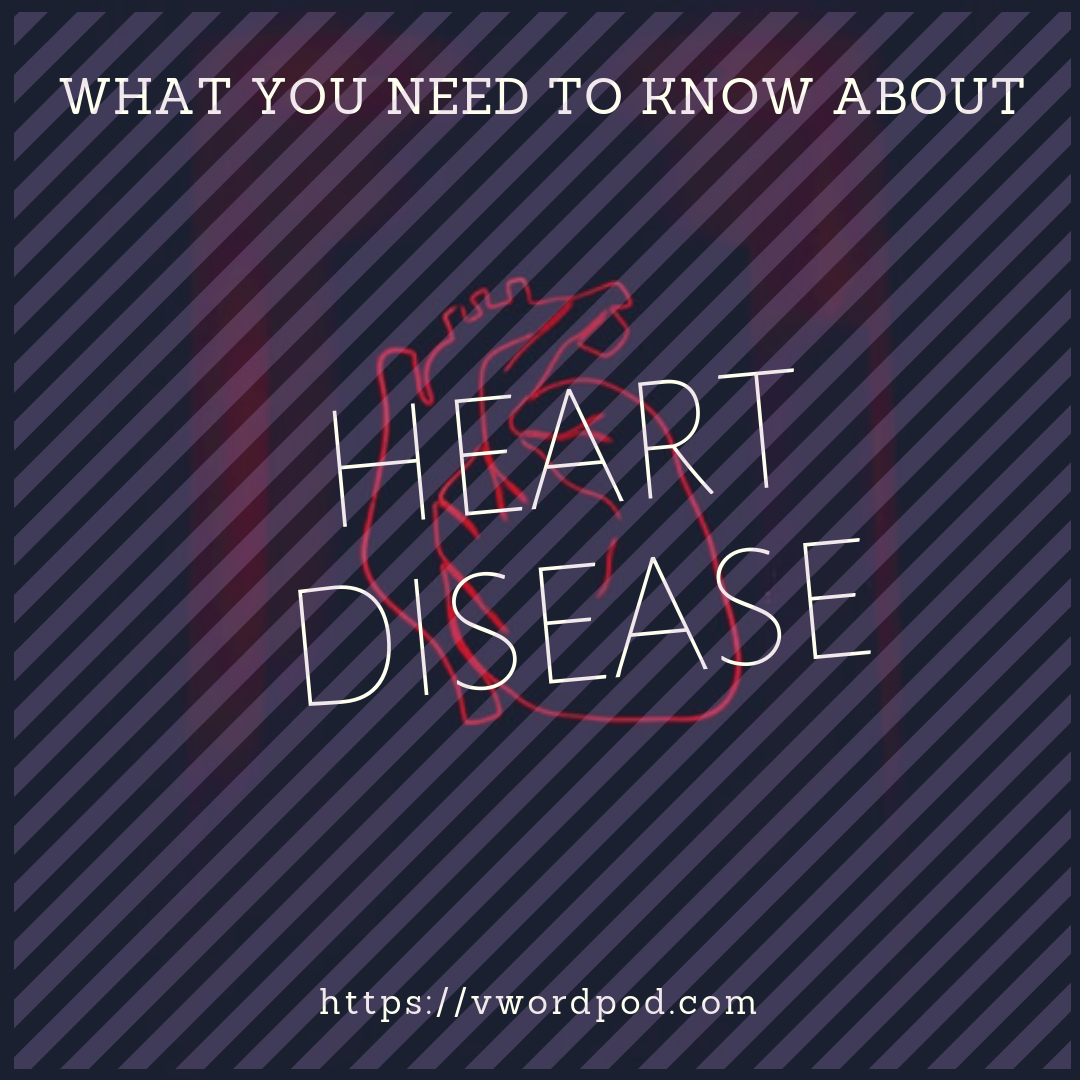
Even Young Women Have Heart Attacks
April 18, 2019

A recent study from the journal Circulation showed that heart attacks are on the rise in young women aged 34-55. We sat down with Dr. Abha Khandewal, the Cardiovascular Clinic Chief at Stanford, to discuss inequities in care when it comes to women’s heart health and steps that can be taken to close the gap in care. Listen to our Ask A Lady Doc interview with her now!
Here are some key takeaways:
-
There are different types of heart disease. While medical practitioners have made strides in treating blockages of arteries, women often times have atypical causes for heart attacks, such as arterial tears and chronic stress.
-
Additionally, the study shows young women are less likely to receive guideline-based therapies. In other words, less women are receiving aspirin, beta blockers, statins, stent use, and referral for bypass in hospitals. Dr. Khandewal says possible reasons for disparities could be because women often experience more side effects, so they’re reluctant to take these therapies. Another reason could be that women are a decade older when they present these heart problems. Finally, prescribers may be biased and not appreciate the true risk a female patient is facing.
-
Are women presenting differently when it comes to acute heart events? Dr. Khandewal’s takeaway is that women, when experiencing an acute event, present chest pain, but they express it differently. So it may not be the traditional crushing pressure in the chest. It may be “tightness” or “tiredness”. Women also tend to have more symptoms. So in an ER, a doctor may have difficulty teasing out the chest pain as the predominant symptom during a coronary event.
-
National trends show a steady climb in obesity, hypertension, diabetes which could help explain premenopausal coronary events in women.
-
Pregnancy is a good way to assess higher risk patients earlier because it’s their first stress test of the heart.
-
Women are traditionally caretakers. It’s important to take a step back and care for themselves and not ignore symptoms.